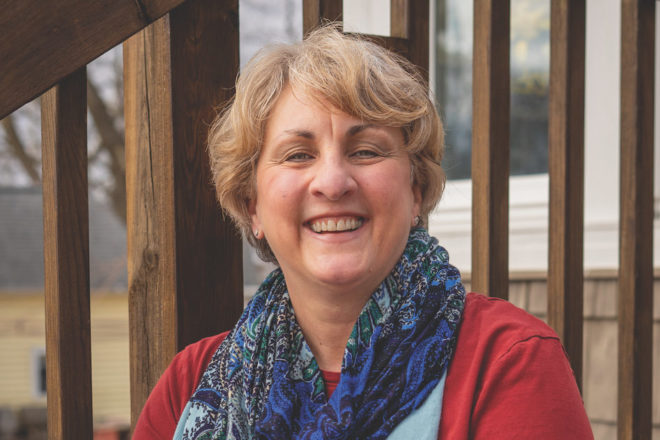Tuning In: Creating personalized playlists for dementia support
- Share
- Tweet
- Pin
- Share

The Door County Caregiver Coalition, led by the Aging and Disability Resource Center (ADRC) of Door County and made up of various organizations, meets every other month to discuss the concerns of caregivers and how to help them. Dementia care is often a topic, and one of our recent meetings reminded me of web-based tools that I had recently learned about to help caregivers manage the day – through music.
Studies have shown that music can reach deep into the recesses of memory and emotion. For individuals with dementia who struggle with verbal communication, music can become a universal language that transcends cognitive decline.
Music can stimulate multiple areas of the brain, including those associated with memory, emotion and motor skills. Even in advanced stages of dementia, individuals may still respond to familiar tunes, bringing moments of joy, comfort and connection. It’s a bridge that helps maintain a sense of self and identity when other aspects of cognition may be fading.
Here are some suggestions on how to integrate music into daily care.
- Morning Serenade: Begin the day on a positive note with uplifting and familiar tunes. Consider playing songs from the person’s youth to evoke memories and set a cheerful tone for the day.
- Melodic Mealtimes: Enhance mealtimes with soothing melodies. Music can stimulate appetite, create a relaxed atmosphere and make meals a more enjoyable social activity.
- Afternoon Interludes: Combat restlessness and agitation with calming music during the afternoon. Instrumental or nature sounds can provide a serene backdrop for relaxation and reflection.
- Sundown Serenity: As the day transitions into evening, select calming music to ease the transition into nighttime. This can be particularly helpful for individuals experiencing sundowning, a common phenomenon where agitation and confusion increase in the late afternoon and evening.
And here are some tips to make it easier to incorporate music into your loved one’s life.
- Take note of the person’s musical preferences. Talk to family members and friends to gather insights into their favorite genres, artists and songs.
- Create a playlist that spans various stages of the person’s life. Include music from their childhood, adolescence, and adulthood. A diverse collection can tap into a rich reservoir of memories.
- Incorporate music that holds cultural significance for the individual. This can create a sense of familiarity and connection.
- Craft playlists that accommodate different moods and times of the day. Include lively tunes for moments of energy and more soothing melodies for relaxation.
- Use online tools. Say what you will about technology, but many are doing good with it, and the dementia care arena is a great example of that. Musicformymind.com creates personalized playlists based on a questionnaire about the person’s background and musical preferences, and veramusic.com aims to improve memory care outcomes via AI-powered, music-based intervention.
By integrating carefully curated playlists into daily routines, you can unlock the transformative power of music, easing caregiving tasks and fostering moments of meaning with those living with dementia.
With a career spanning nursing home administration to education, Do Good Door County founder and CEO Cynthia Germain has a wealth of experience in enhancing the lives of seniors. Drawing on her passion for elder care and her extensive background in nonprofit leadership, she’s dedicated to fostering a vibrant Door County community where older adults thrive.


